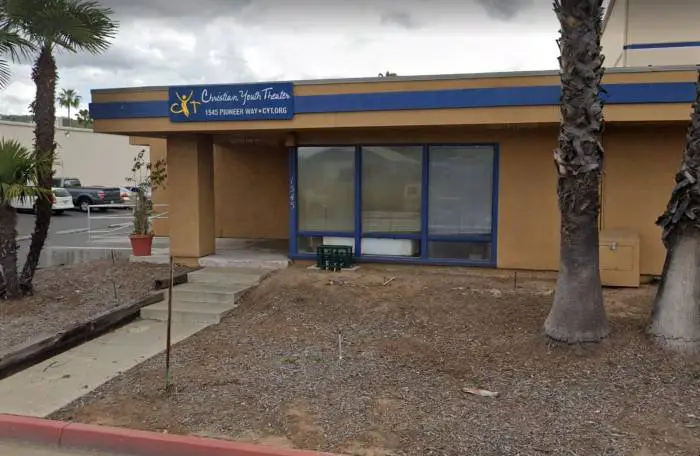
Christian Youth Theater leaders are under fire for ignoring years of sexual abuse of their youth members. Allegations of sex abuse at Christian Youth Theater have surfaced over the past month, according to LA Times.
An attorney Jessica Pride, representing some of the youth abused, claimed the organization’s founder, Paul Russell, knew about the abuse occurring and asked the victim’s families to forgive their predators and continue teaching them. The organization was not supporting the best interests of the youth involved. This year, Christian Youth Theater even agreed to hire a choir teacher to teach an online class who removed from teaching at a high school for sexually harassing and groping three female students.
Pride reported that the children ranged from ages 12 to 16 during their alleged abuse at Christian Youth Theater. She continued by saying there were opportunities and legal mandates in 2003, 2206, and 2008 for Paul to have reported the abuse, which could have deterred the assault of these children.
Since the initial posts on Facebook regarding sexual abuse at Christian Youth Theater, many others have come forward. Dozens of people came forward posting on Facebook with alums claiming they were sexually abused or groomed and their friends.

Attorney contributor Jason Amala, an experienced sexual abuse lawyer, licensed in California, represents victims of sexual abuse and their families in civil lawsuits. We asked Bobby to share his insight on the legal options for victims of sexual assault in religious organizations.
Amala began by stating that often sexual assaults occur in religious organizations. He emphasized this happens because sometimes sexual predators strategically place themselves in power positions and exploit victims by using their trust and authority. This is seen in religious organizations across religions, as numerous religious leaders have been charged with the sexual abuse of congregation members, including children.
We asked Bobby: what are the legal obligations of a religious organization in protecting their congregation? He stated that religious organizations have a responsibility to uphold all congregation members’ safety to the best of their ability. This obligation ranges across all violent crimes, including sexual assault. In some sexual assault cases, the abuse only happens due to negligence by the religious organization in question. An example of negligence is if a clergy member or worker had prior sexual misconduct complaints filed against them but were still permitted to work. If a religious organization is considered negligent in a case of sexual abuse, the victim and their family may have grounds for a lawsuit against the organization.
 info@legalherald.com
info@legalherald.com